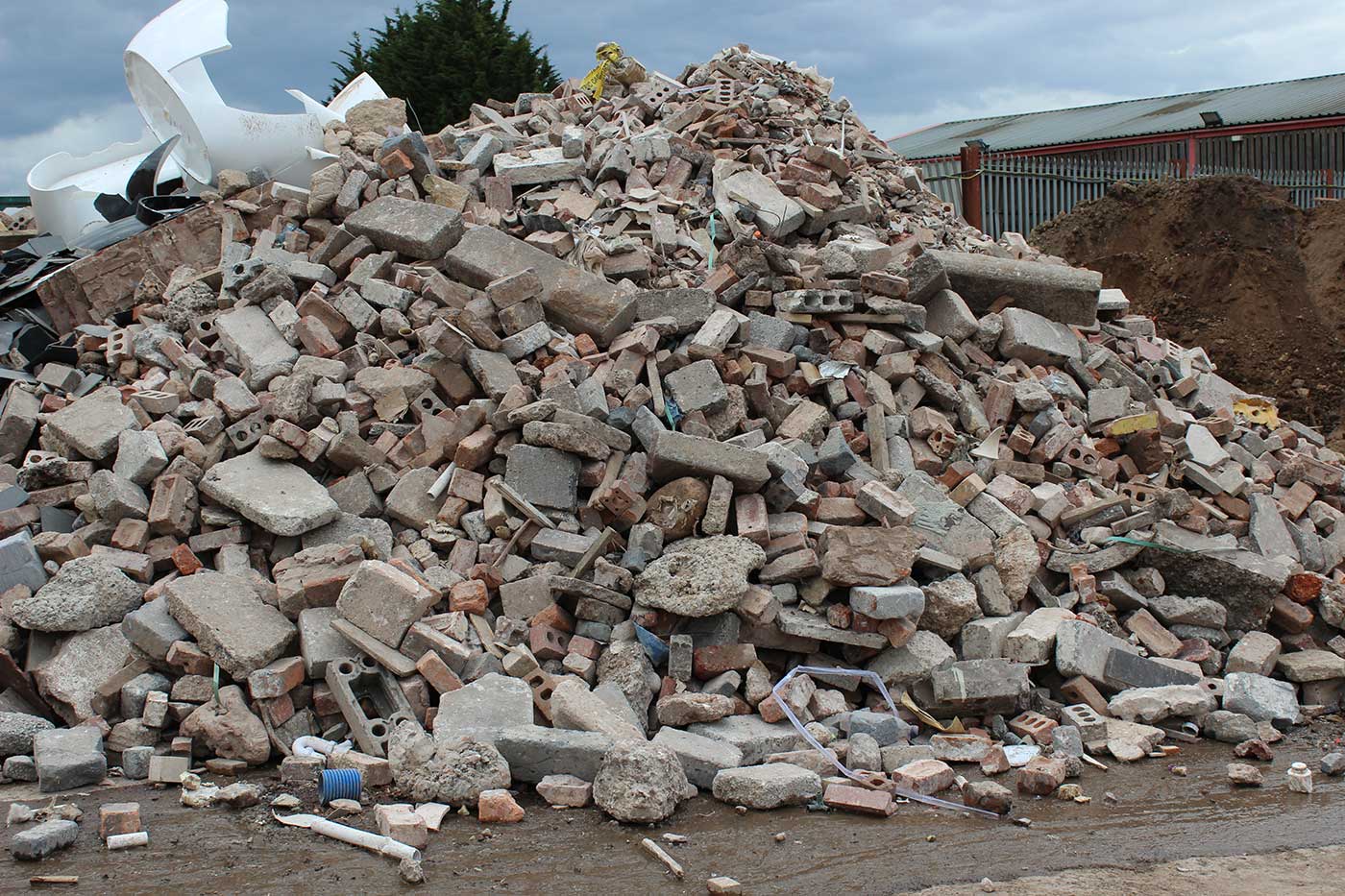Waste Management
Waste Management
What is Waste Management?
Waste management is intended to reduce adverse effects of waste on human health, the environment, planetary resources and aesthetics. Waste management practices are not uniform among countries (developed and developing nations); regions (urban and rural areas), and residential and industrial sectors can all take different approaches.
In the simplest terms, it can be defined as the collection, transportation, and disposal of garbage, sewage, and other waste products. The process of waste management involves treating solid and liquid waste. During the treatment, it also offers a variety of solutions for recycling items that aren’t categorized as trash. The entire idea thus boils down to reusing garbage as a valuable resource and given our current environmental climate, this process is extremely vital for all households and businesses. According to Wikipedia, “Waste management or Waste disposal is all the activities and actions required to manage waste from its inception to its final disposal. This includes amongst other things, collection, transport, treatment and disposal of waste together with monitoring and regulation. It also encompasses the legal and regulatory framework that relates to waste management encompassing guidance on recycling etc.”
What are the best methods of waste management?
The Best Methods of Waste Management Recycling and composting are a couple of the best methods of waste management. Composting is so far only possible on a small scale, either by private individuals or in areas where waste can be mixed with farming soil or used for landscaping purposes.
Credit : https://www.conserve-energy-future.com/waste-management-and-waste-disposal-methods.php
About our Mission – Hydrte was launched in 2019 with one main goal in mind, to produce a water bottle that helped significantly reduce single-use plastic consumption, whilst being stylish & convenient.
One million single-use plastic water bottles are sold every 60 seconds worldwide.
This is a huge problem for our planet.
60% of these bottles end up in landfill or even our rivers and oceans.


Comments
Post a Comment